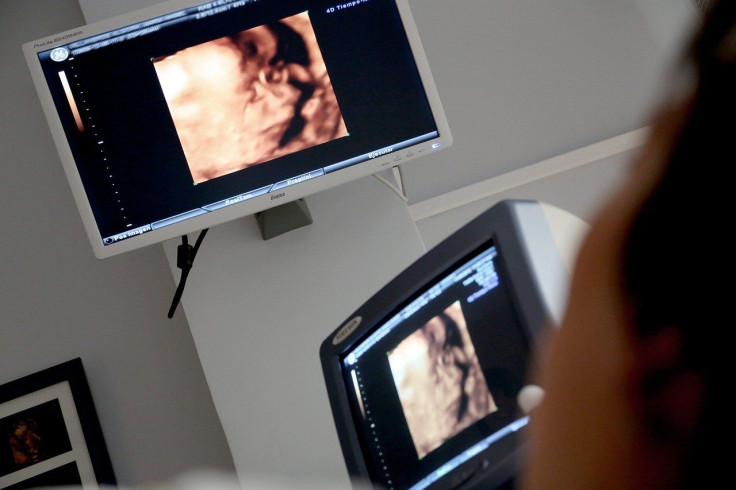
As per the general consensus of medical experts, it had been stipulated that fetuses can’t feel before 24 weeks' gestation and thus has been marked as the time period after which abortion is illegal in Britain except in special cases. But as per a new study by two medical researchers, unborn babies may be able to feel pain before reaching 24 weeks, which means that they “feel pain” if they are being aborted.
The controversial article has been authored British professor Stuart Derbyshire, who has written back in 2006 in the British Medical Journal that the practice of not talking to women seeking abortions about fetal pain was “sound policy based on good evidence that fetuses cannot experience pain.”
But as per the recent study, conducted by him and American medic John Bockmann, they have now found “good evidence” that by 18 weeks the brain and nervous system of a fetus are sufficiently developed to feel pain. In fact, their study indicates that unborn babies might be able to feel 'something like pain' as early as 13 weeks. It is believed that the cortex, the outer brain layer that deals with sensory information, is not developed enough in fetuses less than 24 weeks, thus not allowing pain to register.
As a result, “many medical bodies… state that pain is not possible before 24 weeks' gestation” but as per the recent studies that “consensus is no longer valid.”
Based on this discovery, the medical researchers are stressing on the need for women going for abortions before 24 weeks of pregnancy to be informed that their fetus will feel the pain of being terminated. She should also be given the choice of giving pain relief to the fetus and if these measures are not applied, in light of the new evidence, it would amount to “moral recklessness”, as per the article published in the influential Journal of Medical Ethics.
This discovery is expected to bring a shift in attitudes towards abortion and the practice of it while questioning the UK's abortion industry, which carries 6,000 abortions annually.
© 2025 Latin Times. All rights reserved. Do not reproduce without permission.



